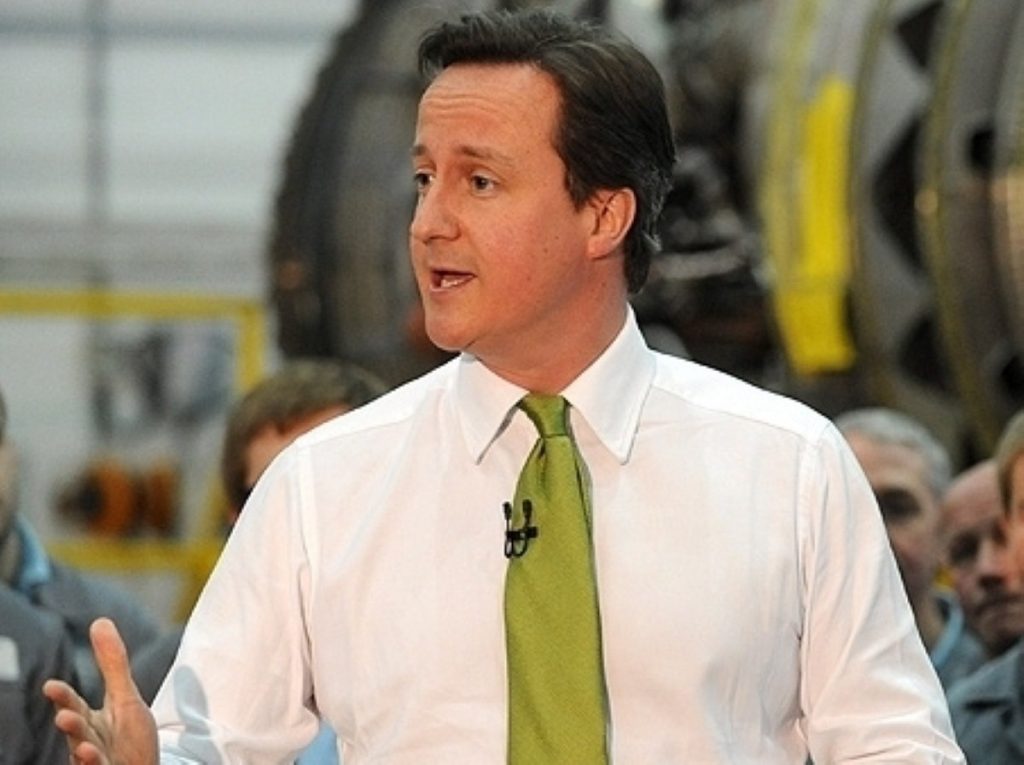Cameron: Our economic problems are worse than we feared
By Ian Dunt
David Cameron has told voters the scale of the economic problem facing Britain is “even worse than we thought” at a major speech marking his first month in power.
Speaking on Monday morning, a day before George Osborne and Danny Alexander unveil the framework for this year’s Budget and the upcoming spending review, Mr Cameron issued an uncompromising message to voters, preparing them for tough times ahead.
“The decisions we make will affect every single person in our country,” he said.


“And the effects of those decisions will stay with us for years, perhaps decades to come.
“Today, I want to set out for the country the big arguments that form the background to the inevitably painful times that lie ahead of us,” he said.
“Why we need to do this, why the overall scale of the problem is even worse than we thought, and why its potential consequences are therefore more critical than we feared.”
Mr Cameron recited familiar arguments about the effect of the deficit on Britain’s financial reputation and the expanding level of national debt, before moving on to the consequences of higher interest rates.
He argued these only became clear once the new government could look at Alistair Darling’s figures.
“What I can tell you today – and what we did not know for sure before, in fact what we could not know, because the previous chancellor of the exchequer did not make the figures available – is how much the interest on our debt is likely to increase in the years to come,” he said.
“Now we have looked at the figures. Based on the calculations of the last government, in five years’ time the interest we are paying on our debt is predicted to be around £70 billion. That is a simply staggering amount.
“No wonder the previous government refused to publish the information.
“Higher interest rates hurt every family and every business in the land,” he added.
“They mean higher mortgages and lower employment, they mean that instead of your taxes going to pay for things we want, like schools, hospitals and policing… your money, the money you work so hard for, is going on paying the interest on our national debt.”
“This is how bad things have got,” he continued. “This is how far we have been living beyond our means. This is the legacy our generation threatens to leave the next.”
The speech comes a day after a piece by Mr Cameron in the Sunday Times which stressed the need to “take people with us on this difficult journey”.
But the tough new rhetoric is clearly intended to soften the later blow from the emergency Budget. The reference to interest rates helps the Tories cement the impression that the deficit is the fault of the previous government’s economic incompetence.
Writing in the Observer, deputy prime minister Nick Clegg illustrated a somewhat different picture, with a promise that the country would not return to the era of “harsh” cuts in the 1980s.
Liam Byrne, shadow chief secretary to the Treasury, responded: “Everyone agrees that the deficit must fall, but we must do it fairly. And on that basis the coalition has made a poor start, cutting support from young people out of work, and breaking their promise to protect frontline services.”
TUC general secretary Brendan Barber said: “The prime minister says that cuts that will affect every single person in our country, but deficit reduction through cuts alone will inevitably hit the poor, the vulnerable and the great mass of middle income Britain who depend on public services.
“Those at the top will hardly notice.”









